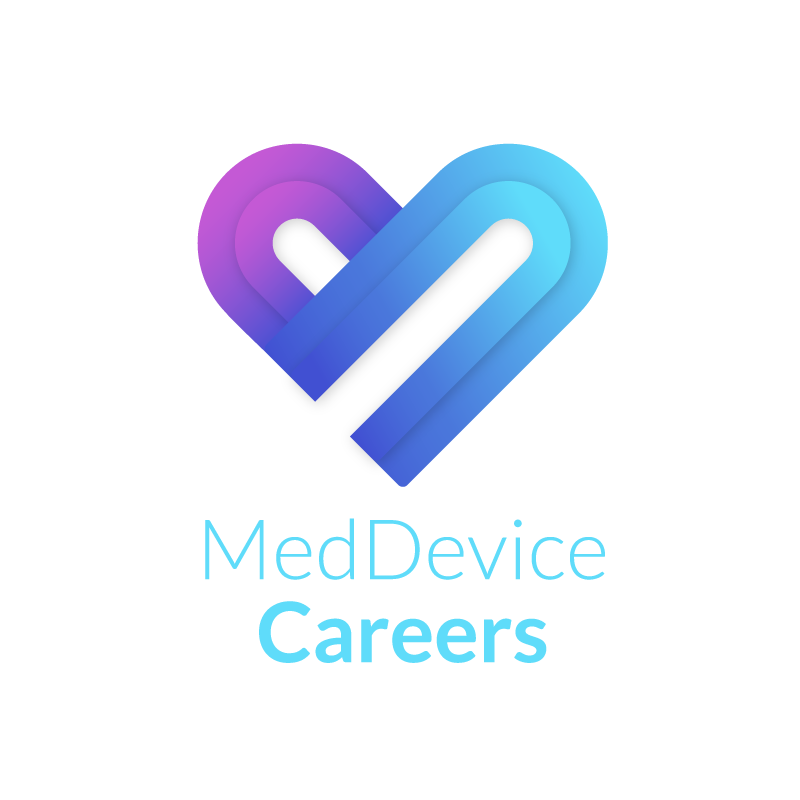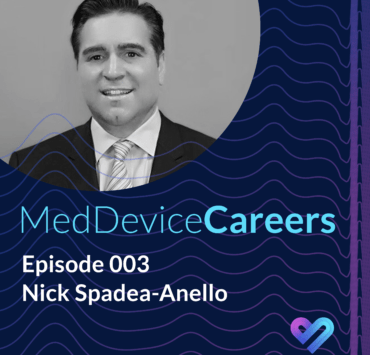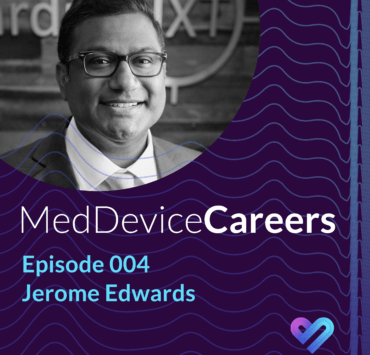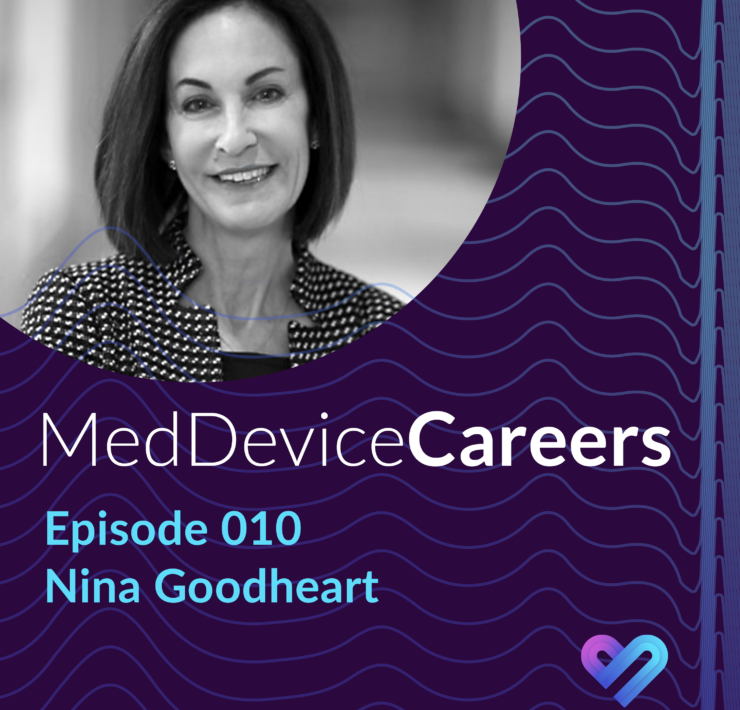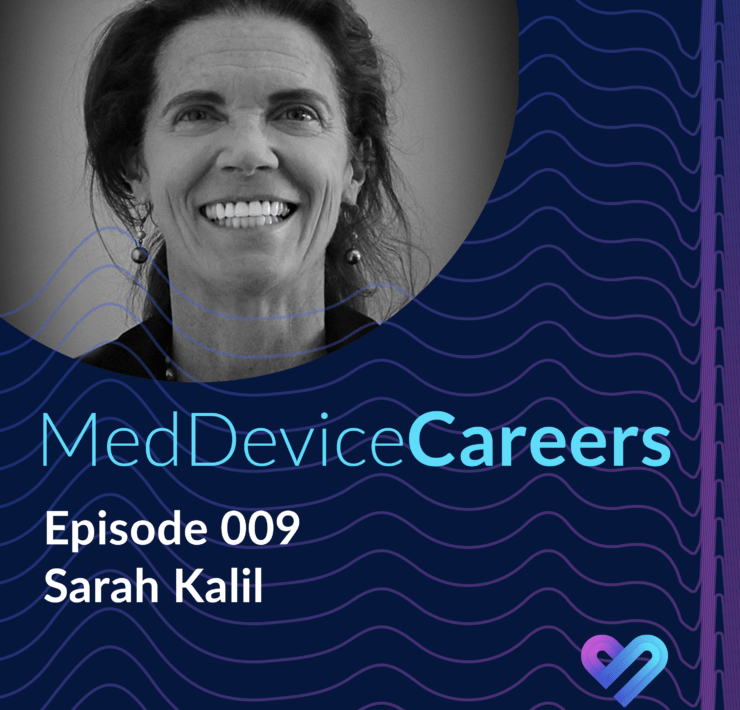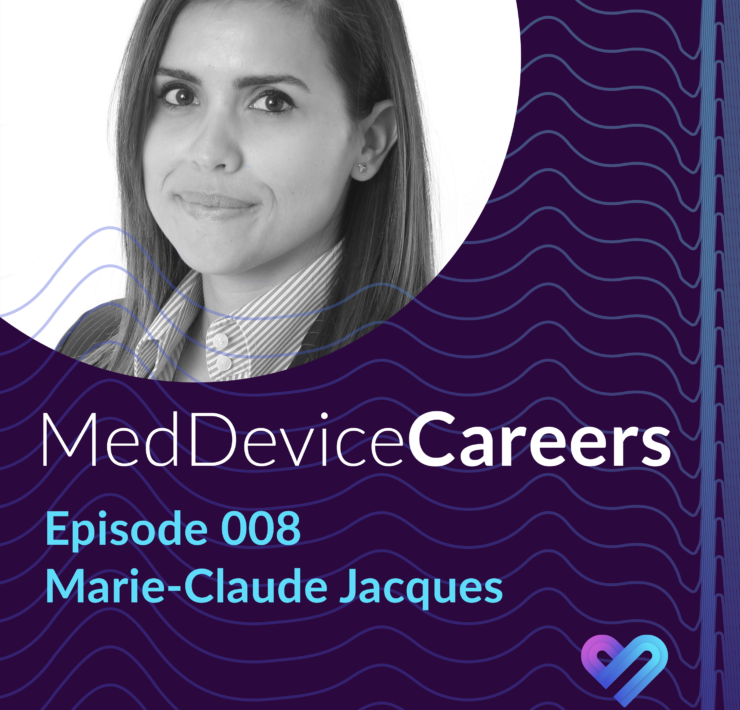Why choose a career in cardiology? It is a challenging and rewarding career space where cutting edge devices and technologies make a difference in a patient’s life.
A cardiac clinical specialist provides device implantation procedural expertise and patient care and may work for a device company or healthcare system employer. He or she provides procedural support during device implants and EP mapping procedures. The key roles and responsibilities include procedural support, patient monitoring, and training or education.
A day in the life of a cardiac clinical specialist working for a medical device company such as Medtronic, Abbott, Boston Scientific or Biotronik is very demanding and dynamic.
Each day’s schedule looks different. You may cover multiple hospitals across one city, or multiple hospitals across several cities or states. A typical day may include several pacemaker or ICD implant procedures in the morning at one hospital, followed by an afternoon clinic where you see patient’s for device followup checks at another hospital.
Device implantation procedures and patient follow up checks get added on and cancelled often, so flexibility is a requirement for this role.
During device implantation procedures the specialist provides procedural support regarding optimal lead placement and conducts device threshold testing using a programmer.
Patient follow up checks include patient education around remote monitoring functionality and conducting device interrogation to check on the patient’s device settings and battery life.
The device specialists working for a medical device company work on a team of clinical specialists, salespeople and sales management. They share “on-call” responsibilities as a team which means occasional weekend and evening on call duty, requiring an occasional trip to the ER to check a patient’s device.
An EP mapping specialist working for a medical device company also has a dynamic and demanding work schedule. But EP mapping procedures are typically much longer in duration than a device implantation procedure. Sometimes EP mapping procedures last 3-6 hours.
The EP mapping specialist provides guidance and interpretation on their company’s 3D mapping system. The EP mapping specialist helps identify and determine which cardiac tissue is causing abnormal electrical activity, while the electrophysiologist uses a special catheter to ablate areas on the surface of the heart in order to correct these heart arrthymias.
EP Mappers do not take part in any follow up patient visits since the procedure provides treatment, but does not involve a device implant. Therefore, there is little or no patient interaction in the role of an EP Mapping Specialist.
Educational events often occur outside normal business hours where device specialists, EP mappers, and sales professionals from a medical device company may host an educational event. One example would be to host an educational event for a cardiology group of physicians to provide information on a new product launch and product training.
A day in the life of a cardiac clinical specialist who works for a hospital or cardiology clinic usually involves a more predictable schedule and no travel requirements. This clinical specialist typically works in a one healthcare facility. He or she usually has a set Mon-Fri schedule, and no travel or evening or on-call obligations.
The hospital employed cardiac specialist is responsible for patient education and care and works closely with patients who have all types of devices, no matter which company makes them. He or she also plays a key role in interpreting cardiac remote monitoring transmissions on the patient’s devices. A hospital-employed cardiac device specialist may be in a Clinic setting working only with patient follow up care, OR in a procedure room providing support in the EP lab while patients are undergoing cardiac implants and procedures, OR in some cases they may work in both the clinic and the procedure room setting, depending upon the hospital.
Gaining experience as a cardiac clinical specialist or cardiac device specialist working for either a medical device company or a healthcare employer offers a rewarding salary and meaningful life-long career in medical devices. Clinical specialist roles exist in many medical specialties with some of the most common roles available in cardiac rhythm management, electrophysiology, structural heart and interventional cardiology. Career options beyond the role of clinical specialist include clinical engineering, marketing, sales, and management.
The Cardiac Clinical Specialist CCS101 online course is free and provides an opportunity to learn some cardiac foundational knowledge and offers an introduction into the dynamic and rewarding role of a clinical specialist.
